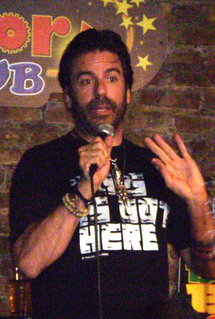A Quote by Robert Greene
If we experience any failures or setbacks, we do not forget them because they offend our self-esteem. Instead we reflect on them deeply, trying to figure out what went wrong and discern whether there are any patterns to our mistakes.
Related Quotes
Externalists reject any such view. I think that the idea that we can tell, simply by way of reflection, whether our beliefs are justified, is deeply commonsensical. More than that, the idea that responsible epistemic agents ought to reflect on their beliefs, and hold them only if they somehow pass muster, is utterly natural.
Here's a memonic device that I feel teaches how we can properly cope with failure. Forget about your failures; don't dwell on past mistakes Anticipate failure; realize that we all make mistakes. Intensity in everything you do; never be a failure for lack of effort. Learn from your mistakes; don't repeat previous errors. Understand why you failed; diagnose your mistakes so as to not repeat them. Respond, don't react to errors; responding corrects mistakes while reacting magnifies them. Elevate your self-concept. It's OK to fail, everyone does; now how are you going to deal with the failure
Let's cease thinking of our accomplishments, our wants. Let's try to figure out the other man's good points. Then forget flattery. Give honest, sincere appreciation. Be hearty in your approbation and lavish in your praise, and people will cherish your words and treasure them and repeat them over a lifetime - repeat them years after you have forgotten them.
One of the most important things in any leader or in any successful approach is to focus on connecting with people and really listening to them. We shouldn't just be saying, oh yes, the people are protesting. We need to ask them why they are protesting and try and figure out if there is something we can do to bring them in and respond to those concerns. That's not populism - that's being thoughtfully open to the fact that our citizens are allowed to have, and are even justified in having, very real concerns and questions for the people responsible for serving them.
Most of us live our lives desperately trying to conceal the anguishing gap between our polished, aspirational, representational selves and our real, human, deeply flawed selves. Dunham lives hers in that gap, welcomes the rest of the world into it with boundless openheartedness, and writes about it with the kind of profound self-awareness and self-compassion that invite us to inhabit our own gaps and maybe even embrace them a little bit more, anguish over them a little bit less.







































